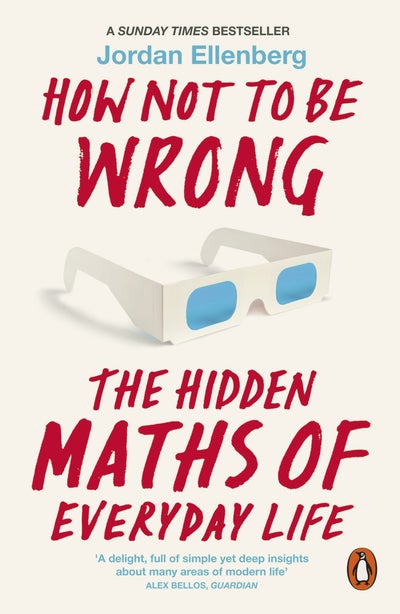66.55AED
70.95-
Lowest Price 36.63
-
Highest Price 70.95
-
Recent Price Drop -6.2%

66.55AED
70.95